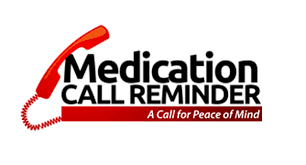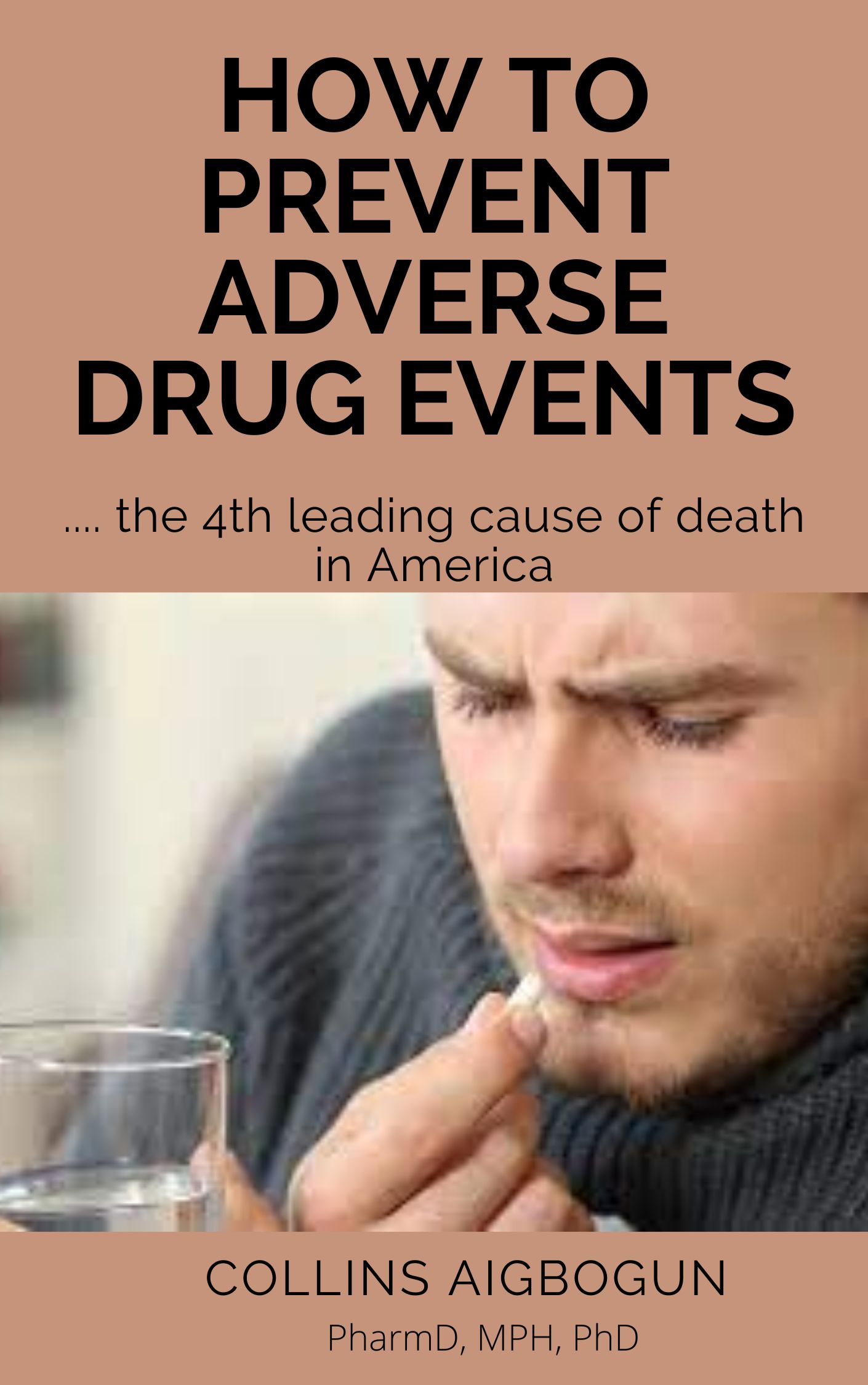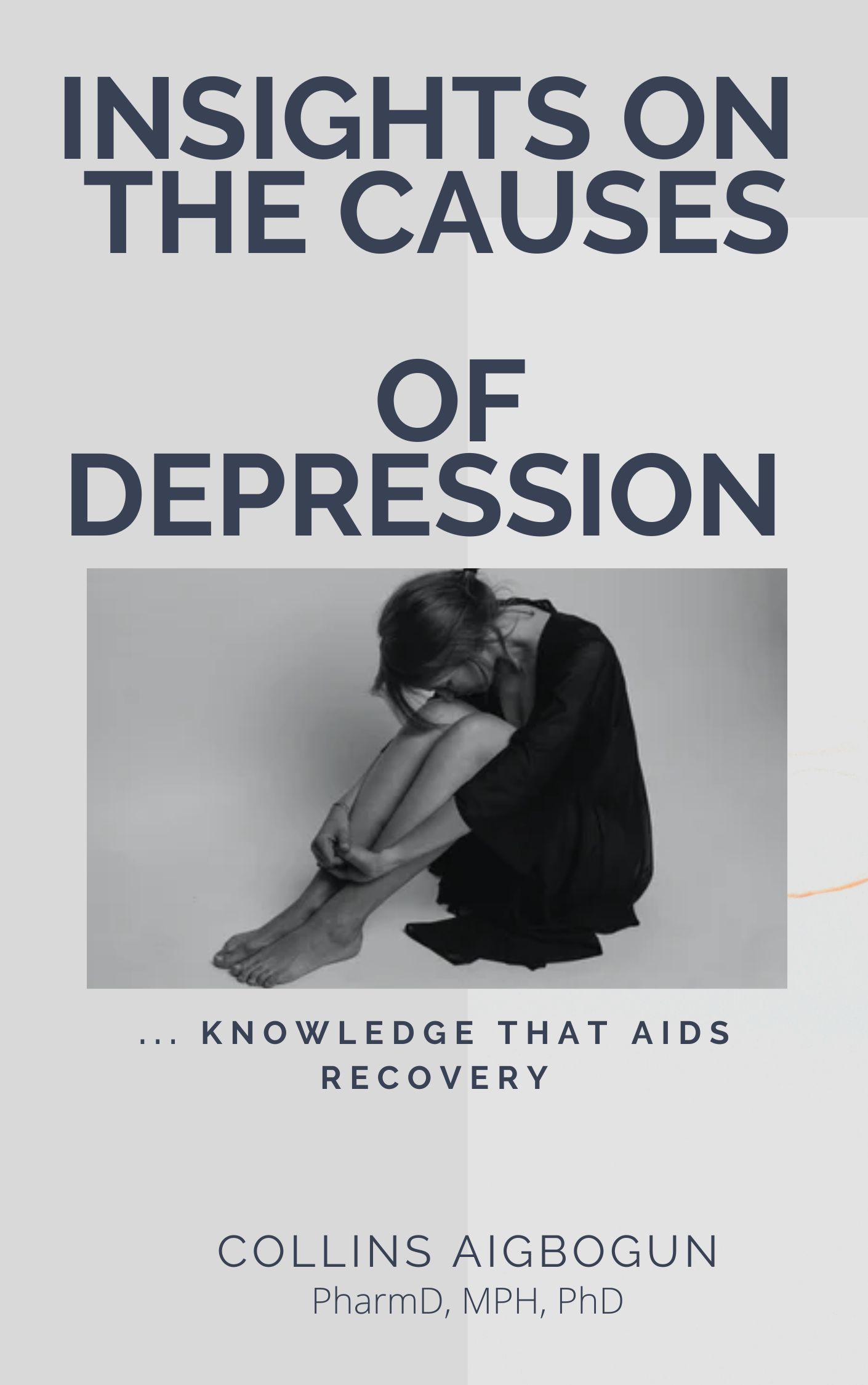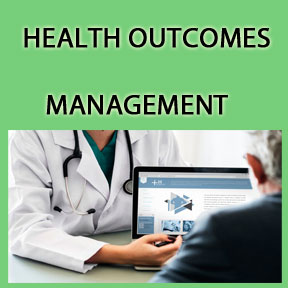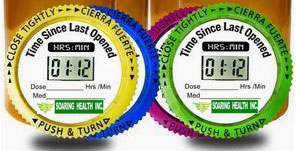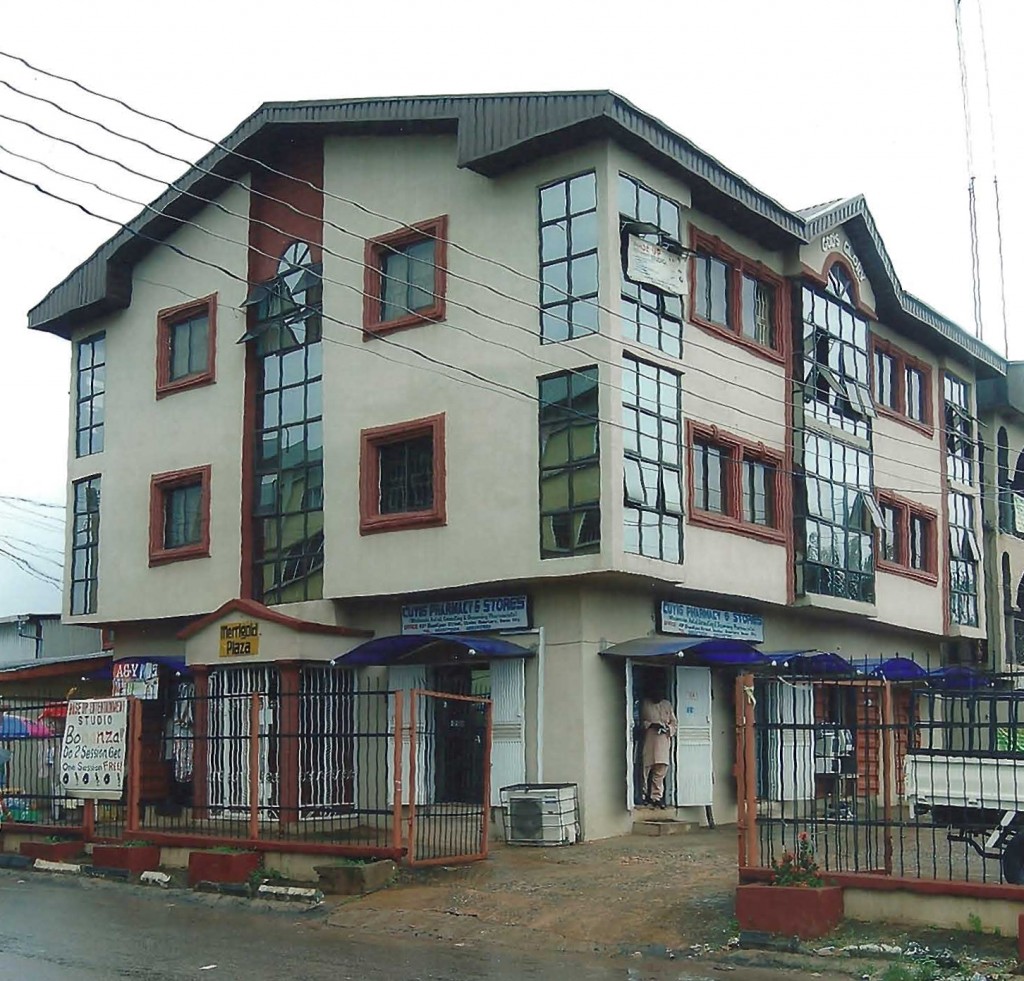Reversing Addiction to Illicit Substances
Most people have a reason for using substances such as heroin, cocaine, marijuana, opiates and several others. However, the number of people who take these substances illicitly are increasing. This increase has resulted in undesirable consequences. According to the Substance Abuse and Mental Health Services Administration (SAMHSA), over 22.5 million Americans over the age of 12 years were using illicit drugs last month. This number represented 8.7% of people over the age of 12. Some of the consequence of the use of these drugs include delirium, anxiety, relationship challenges, addiction and sometimes death.

It is interesting to learn that most of these drug users are hooked onto these drug substances as adolescents or teenagers. In the process, their brains undergo some changes that may be life-long leading to addiction and health-related challenges. According to Harvard Medical School, the part of the brain that controls judgment and decision-making does not fully develop until people are in their mid-20’s. Hence, there is a need to protect our teenagers from the negative influence of these illicit substances. This protective mechanism will have a lasting effect on the entire country because these adolescents will grow into adulthood. According to King Solomon, when teenagers are guided into a particular path, it may be a challenge to make them turn to a different direction.
FACTORS THAT INFLUENCE ILLICIT DRUG USE
Factors that influence the likelihood of addiction to illicit substances include:
(1) Having a family member who is struggling with addiction
(2) Abusive or neglectful childhood
(3) Mental health issues including depression
(4) Use of drugs at a relatively young age
SOME PROGRAMS THAT CAN HELP PEOPLE WITH DRUG ADDICTION ISSUES
There are several research-based programs that are aimed at helping people balance the risk of drug use with the potential benefits of drug use in families, schools and the community. These programs work by boosting protective factors and eliminate risk factors for drug use. Some of the programs are age-based, and they include:
(1) Durham Connect
(2) Multidimensional treatment foster care for preschoolers
(3) Caring School Community program
(4) Save Kids Worldwide
(5) Seattle Social Development Project
A WAY TO HELP PEOPLE ADDICTED TO ILLICIT SUBSTANCES
These programs are known to help in the prevention of some types of addiction. Nevertheless, if an individual is already addicted to illicit substances, there are several ways to help such individuals including addiction treatment centers. Click to receive a FREE guide that can help.

